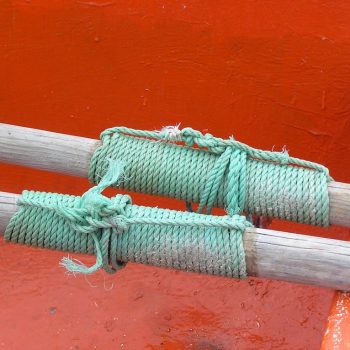
Salus Health Care Forum: January 2025
Jeremy
Bill, I think one of the other issues is that the leaders of companies who purchase this artificially cheap product benefit themselves from the low cost. Let’s take a box of cereal. My understanding is that the amount spent on the actual grains is almost nothing. The box itself costs more to produce than the cost of grains. So these artificially low costs of the grains don’t go directly to consumers. They go directly to corporations. The processing allows for an enormous escalation in pricing. In some ways the farm bill has enabled the consumers to benefit somewhat from subsidies in the bill. However, many corporations are benefiting even more from artificially cheap products that may taste just fine as they are—but are easier to sell in a nice, beautiful box. Is that accurate, Jack?
Jack
Jeremy, I think that’s exactly right. Large corporations are able to purchase the products at a discount that has been offered them by our elected officials and by us as taxpayers. So, Monsanto profits from the seeds. General Mills profits from the cereal. I was looking at this list. Cotton is one of the top five. I guess it’s for cotton clothes and clothing. I don’t know if it’s cottonseed oil and other similar things–but cotton is not an edible. It’s used for other things. But I think the companies that can purchase these products are deriving a fifty-cent on-the-dollar profit.
Mark
Subsidies for cotton don’t make any sense given the droughts we are facing. Cotton is a very water-intensive crop and it’s best served in areas like Southeast Asia. But with our shrinking, supposedly global economy, that’s going to be a tough sell. My question concerns the partitioning of the Farm Bill. This one bill seems to have three baskets: the farm insurance, the SNAP program or food stamps, and the soil reclamation. Is there any creative way that people in the know have devised or thought of incentivizing the soil reclamation portion of the pie?
Jack
I think the conservation and reclamation program, which pays farmers to take land out of production, prioritizes land that is high risk of erosion. I can remember when I was growing up, actually getting out of school because the wind was blowing so hard, you couldn’t see across the road. They would close school because there was so much wind and dust in the air. So, taking the fields that are most likely to erode from water or wind does help with that reclamation. It’s not tied to the other measures regarding crop production. I think Gay’s comment about this is really important. There are some provisions actually, I think, in the Senate version that include more incentives and more restrictions—or at least some guidelines for linking the soil and water component to the crop production component. But those are not supported in the House version.
Mark
Right. I heard that from the Oregon representative short that you gave us.
- Posted by Bill Bergquist
- On February 3, 2025
- 0 Comment



Leave Reply